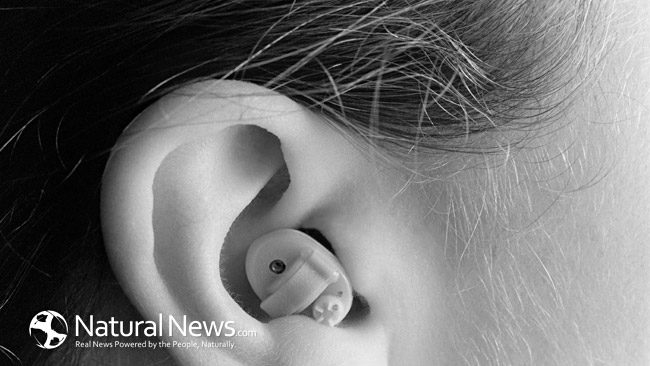Aging naturally brings with it a bevy of side effects- going bald or grey, getting a few wrinkles, maybe needing reading glasses. For a long time, hearing loss and memory loss have been included in that list of inevitable side effects of aging; however, recent research shows that there may be a correlation between Alzheimer’s disease and dementia. Alzheimer’s disease and hearing loss have many symptoms in common, and in fact, a study at Johns Hopkins found that among people over the age of 60, hearing loss accounted for over one-third of the risk of developing dementia and Alzheimer’s.
On their own, hearing loss and Alzheimer’s disease affect 48 million and five million people, respectively. Hearing loss, or the inability to hear sounds of 25 decibels or less in speech frequencies, affects one in every three people over the age of 65 and 60% of Iraq and Afghanistan war veterans. Men are more likely to experience hearing loss than women are, and hearing impairment is found in about 18% of American adults between ages 45-54, 30% of adults between ages 65-74, and 47% of adults ages 75 and older.
Alzheimer’s disease, meanwhile, is the most common type of dementia and accounts for 60-80% of all dementia cases. The disease, which causes problems with memory, thinking, and behavior, develops slowly and worsens over time. An American develops Alzheimer’s every 67 seconds.
As mentioned before, the two diseases share many common symptoms. For example, victims of hearing loss or Alzheimer’s may suffer from depression, anxiety, and paranoia. They may also have problems talking or understanding what’s being said, and they may display inappropriate responses to social cues and have feelings of isolation. Finally, victims may score lower on mental function tests, have attitudes of denial, and be defensive or negative.
The correlation between hearing loss and Alzheimer’s may be because brain activity and hearing are related. When we hear, sound travels into our ears and stimulates hair cells, whose vibration triggers electrical impulses to travel along nerves to the brain stem. The electrical impulses then travel from the brain stem to the temporal lobe, just above the ear. The brain stem, temporal cortex, occipital cortex, and posterior parietal cortex all play a role in our ability to hear a sound and judge its location.
Over time, age or exposure to loud noises for a long period of time can make small hair cells disappear, which makes it harder to capture sound. The less sound you hear, the less active the nerves are- which makes your brain less active as well. An inactive brain can make your brain shrink significantly, which will affect all of the brain’s functions; your brain cells can also tangle, which cuts off nutrient flows and eventually kills the cells.
If you or a loved one are experiencing any of the symptoms discussed, talk to a doctor about getting tested for hearing loss. Studies have shown that patients with Alzheimer’s have shown an improved ability to communicate and understand after being fitted with hearing aids. Early prevention may be key to holding on to your hearing and your memory.





